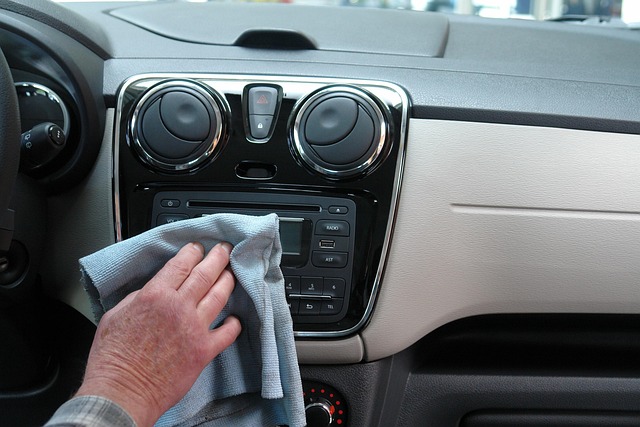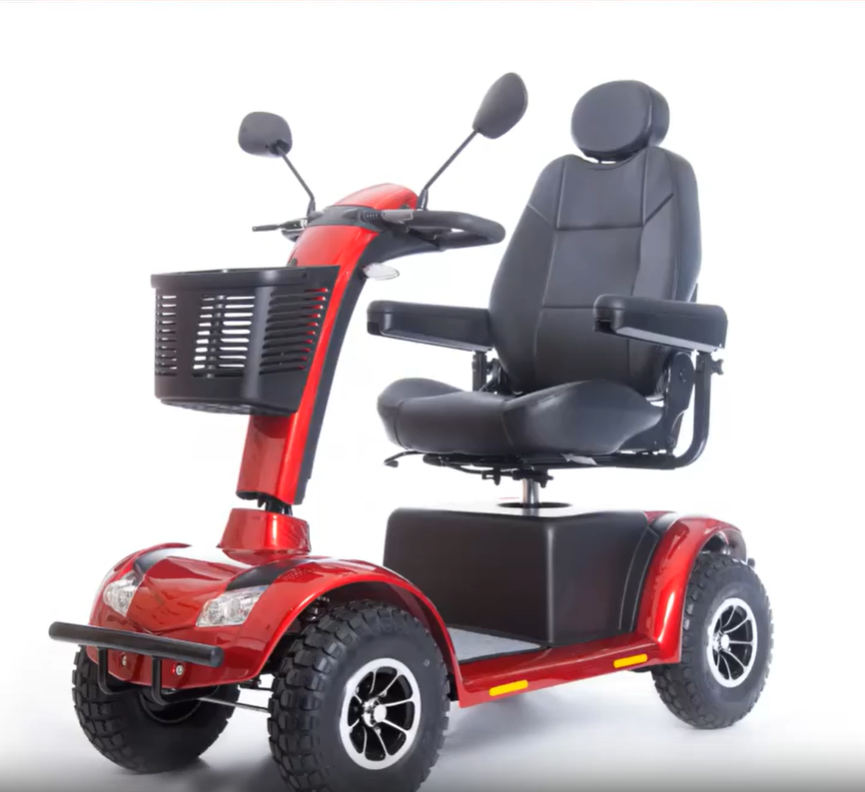Understanding Car Carpet Options and Replacement Solutions
Car carpets play a crucial role in vehicle comfort, aesthetics, and resale value. Whether you're dealing with wear and tear, stains, or simply want to refresh your vehicle's interior, understanding the available options for car carpets can help you make an informed decision. From budget-friendly choices to premium materials, the market offers various solutions to meet different needs and preferences.

Car carpets endure constant foot traffic, spills, dirt, and exposure to the elements, making them one of the most vulnerable components of your vehicle’s interior. Over time, even well-maintained carpets can show signs of aging, prompting many vehicle owners to consider replacement options. The good news is that the automotive aftermarket provides a wide range of carpet solutions designed to fit various budgets and quality expectations.
What Are the Available Car Carpet Options
The automotive carpet market has evolved significantly, offering consumers multiple material choices and installation methods. Modern car carpets typically come in three main categories: molded carpets, cut-and-sewn carpets, and universal-fit carpets. Molded carpets are pre-formed to match specific vehicle models, providing the most precise fit and professional appearance. Cut-and-sewn carpets offer a balance between custom fit and affordability, while universal-fit options provide the most budget-conscious solution for those willing to perform additional trimming and fitting.
Material composition varies widely, with options including nylon, polyester, polypropylene, and even premium wool blends. Nylon remains the most popular choice due to its durability and stain resistance. The thickness of carpet padding also affects comfort, sound insulation, and overall quality, with measurements typically ranging from 40 to 80 ounces per square yard.
How Much Does Replacement Car Carpet Cost
Replacement car carpet pricing varies considerably based on material quality, vehicle make and model, and whether you choose professional installation or a do-it-yourself approach. Understanding these cost factors helps you budget appropriately and select the option that best fits your needs.
For budget-conscious consumers, universal-fit carpets typically represent the most economical choice, though they require more effort to install properly. Mid-range options offer better fitment and material quality, while premium solutions provide superior durability and aesthetics. Professional installation adds to the total cost but ensures proper fitting and finish.
| Product Type | Provider/Brand | Cost Estimation |
|---|---|---|
| Universal Fit Carpet | Auto Custom Carpets | $80 - $150 |
| Molded Carpet Kit | ACC Brand | $200 - $400 |
| Cut-and-Sewn Carpet | Newark Auto Products | $150 - $300 |
| Premium Molded Carpet | Auto Custom Carpets | $350 - $600 |
| Professional Installation | Local Auto Upholstery Shops | $200 - $500 |
Prices, rates, or cost estimates mentioned in this article are based on the latest available information but may change over time. Independent research is advised before making financial decisions.
Finding Affordable Car Carpet Solutions
Securing quality car carpet at reasonable prices requires strategic shopping and understanding where to look. Online retailers often offer competitive pricing compared to brick-and-mortar stores, with the added convenience of home delivery. Many manufacturers sell directly to consumers, eliminating middleman markups. Seasonal sales, particularly during automotive accessory promotions, can yield significant savings.
Another cost-effective approach involves purchasing from automotive salvage yards, where gently used carpets from newer vehicles can be obtained at substantial discounts. However, this option requires careful inspection for wear, odors, and proper fit compatibility. Some enthusiasts also explore automotive forums and classified advertisements where individuals sell unused or lightly used carpet kits from restoration projects.
What to Expect from Car Carpets in 2025
The automotive interior market continues to evolve with technological advancements and changing consumer preferences. Recent developments include improved stain-resistant treatments, antimicrobial coatings, and eco-friendly materials made from recycled plastics. Some manufacturers now offer carpets with enhanced sound-deadening properties, addressing noise concerns in older vehicles or those with minimal factory insulation.
Customization options have expanded as well, with more color choices and pattern variations available than ever before. Digital manufacturing techniques allow for more precise cutting and fitting, reducing installation time and improving overall appearance. As electric vehicles become more prevalent, carpet designs are adapting to accommodate different floor configurations and battery placement considerations.
How to Choose the Right Replacement Car Carpet
Selecting appropriate replacement carpet involves evaluating several factors beyond price. First, determine whether you need a complete carpet set or just specific sections like front floor mats or rear cargo area covering. Vehicle-specific molded carpets provide the best fit but cost more, while universal options require trimming and may not cover all areas perfectly.
Consider your intended use and environment. If you frequently transport pets, children, or outdoor equipment, prioritize durability and stain resistance over plush comfort. For show vehicles or luxury cars, investing in premium materials with proper padding enhances both appearance and resale value. Climate also matters, as humid regions benefit from moisture-resistant materials that resist mold and mildew growth.
Installation complexity varies by carpet type and vehicle design. Some replacements require removing seats, center consoles, and door sill plates, which may exceed the skill level of casual DIY enthusiasts. Watching installation videos specific to your vehicle model helps assess whether professional installation is worth the additional expense.
Maintaining Your Car Carpet Investment
Proper maintenance extends carpet life and preserves your vehicle’s interior value. Regular vacuuming removes abrasive dirt particles that wear down fibers over time. Address spills immediately using appropriate cleaning products designed for automotive carpets. Avoid harsh chemicals that can damage backing materials or cause discoloration.
Protective measures like quality floor mats create a barrier against daily wear in high-traffic areas. All-weather mats work particularly well in regions with snow, rain, or muddy conditions. Periodic deep cleaning using extraction methods removes embedded dirt and refreshes appearance, though excessive moisture should be avoided to prevent mold growth underneath.
Replacing car carpet represents a significant investment in your vehicle’s comfort and appearance. By understanding available options, researching costs, and selecting appropriate materials for your specific needs, you can achieve professional results that enhance your driving experience for years to come. Whether you choose budget-friendly solutions or premium materials, proper selection and maintenance ensure your investment delivers lasting value.




